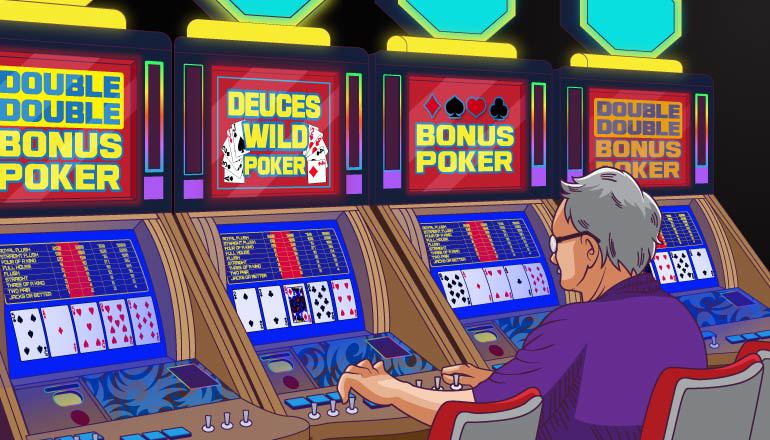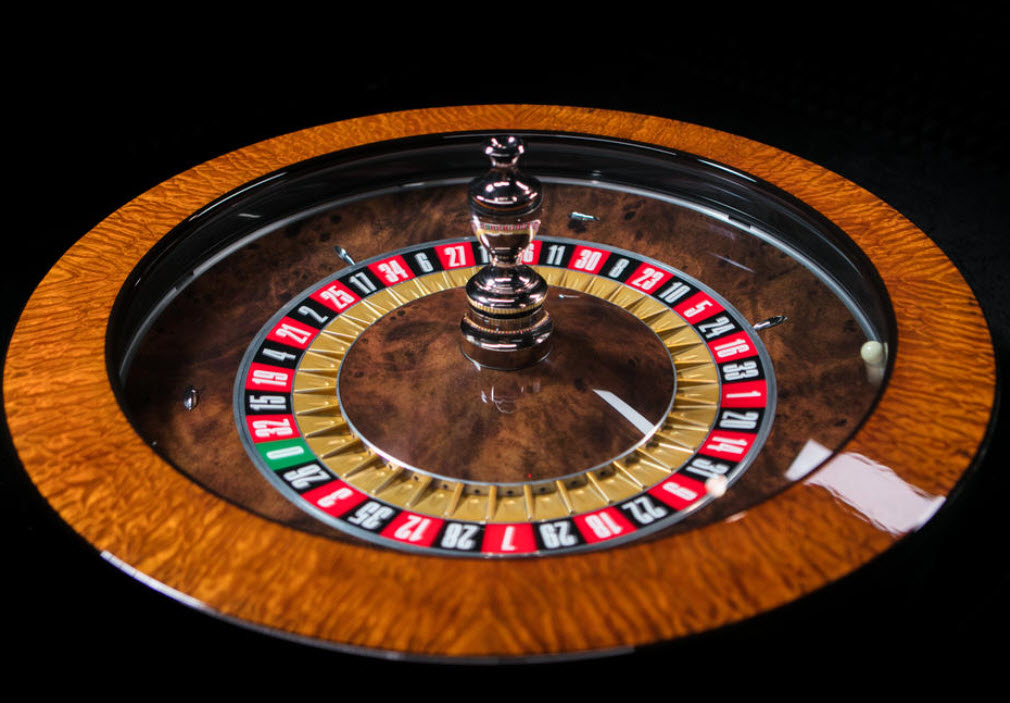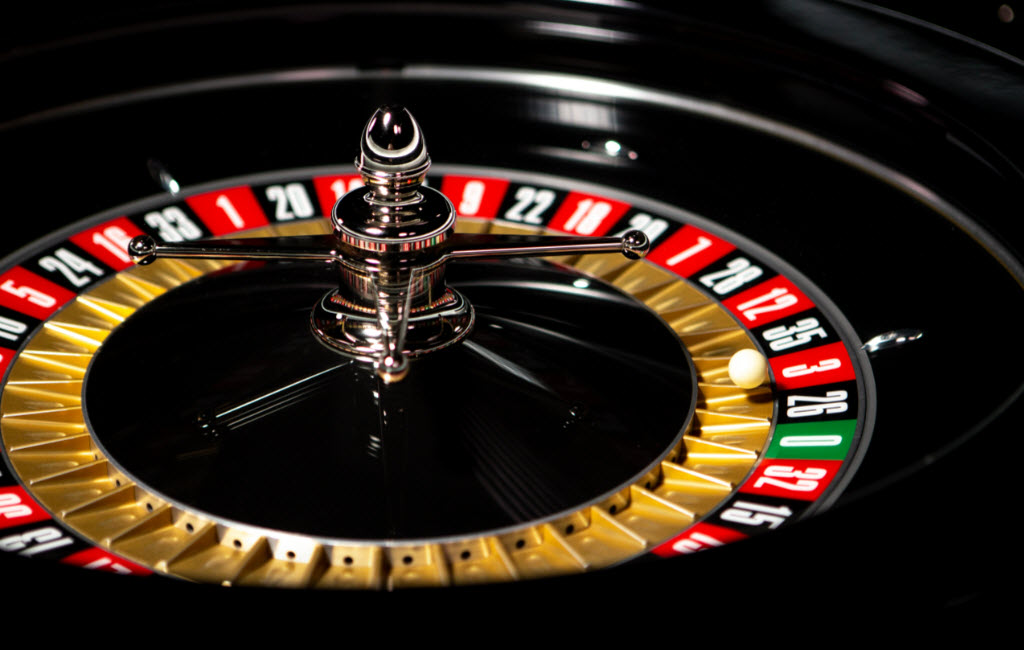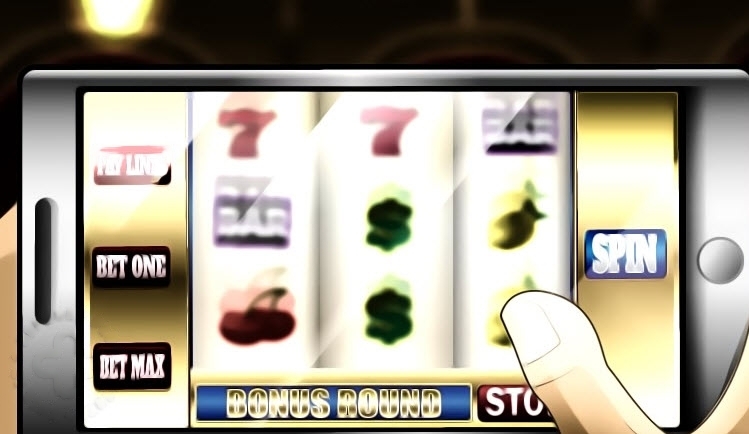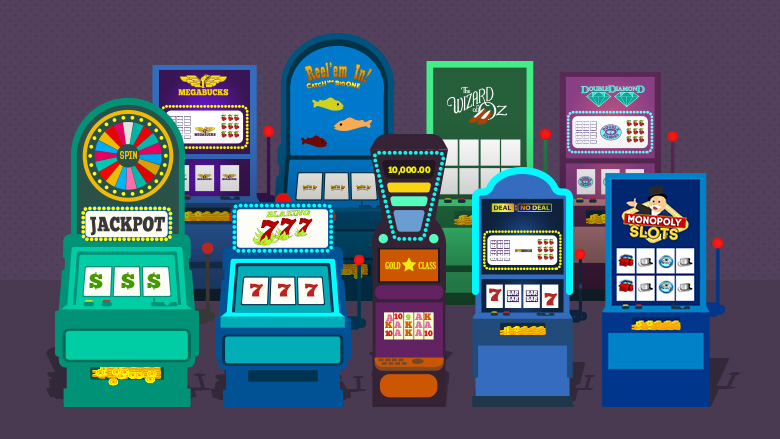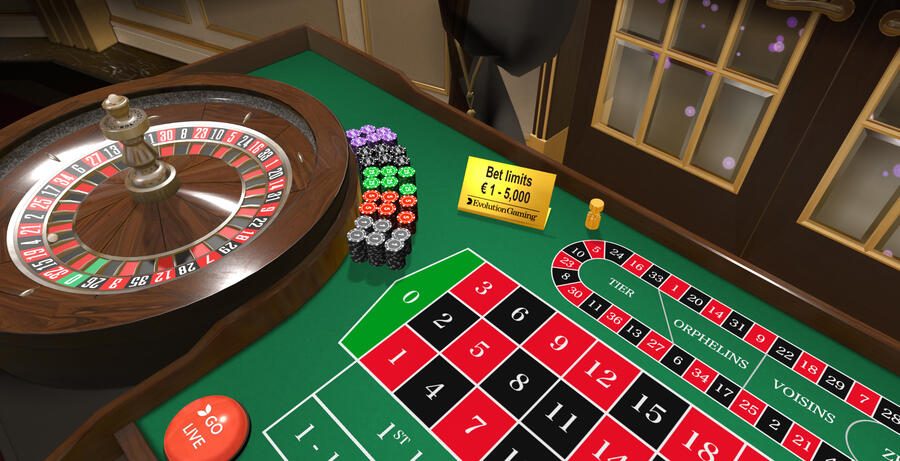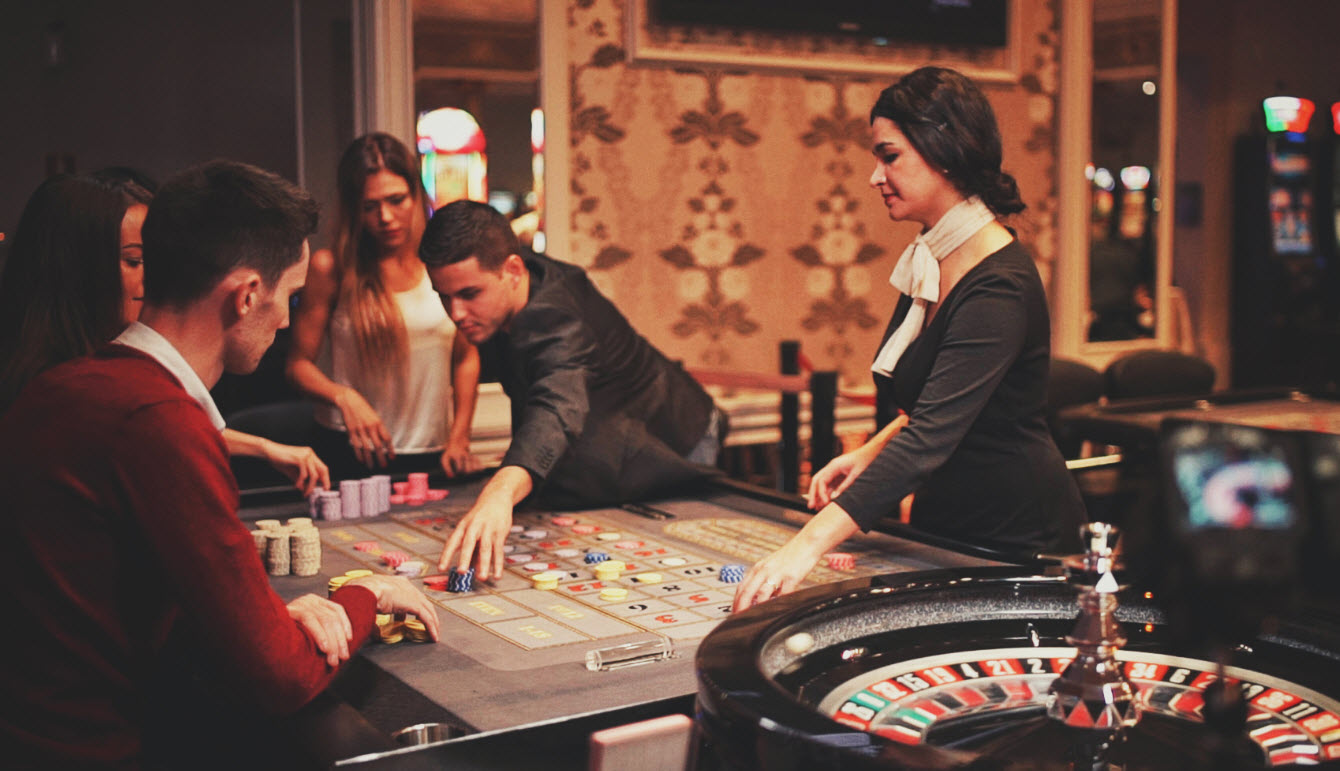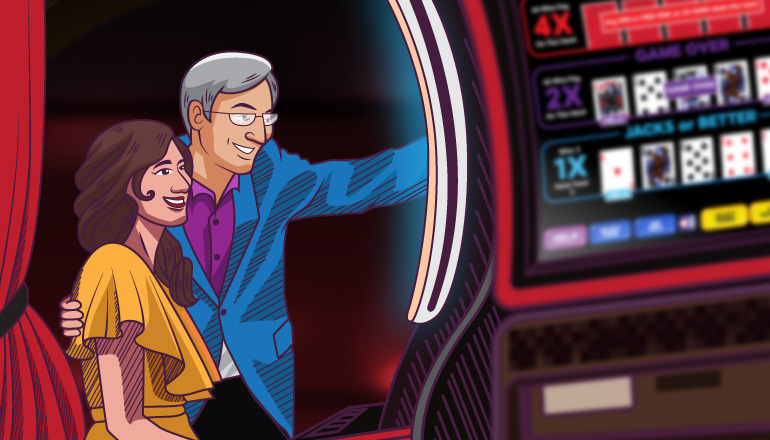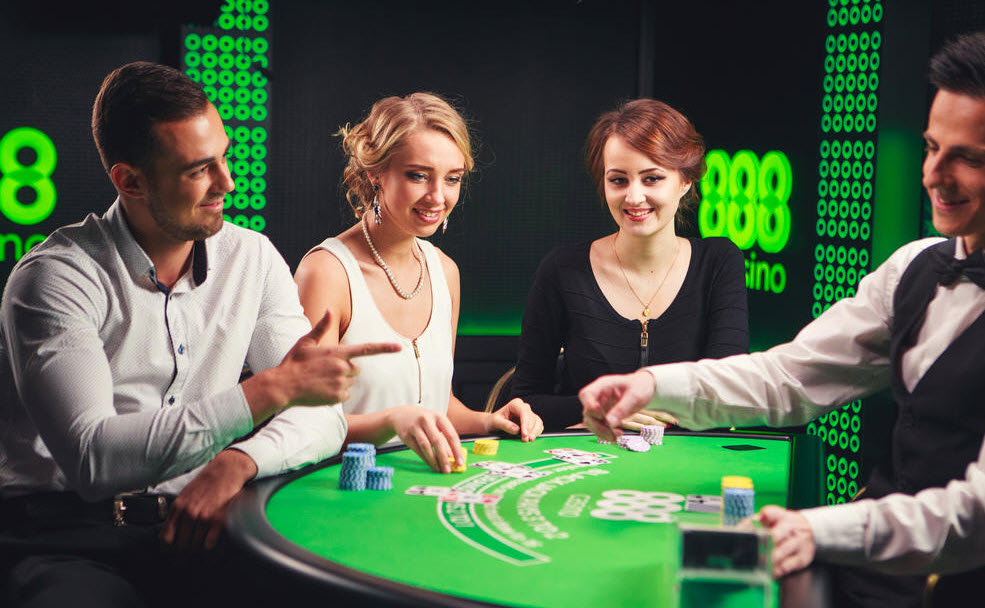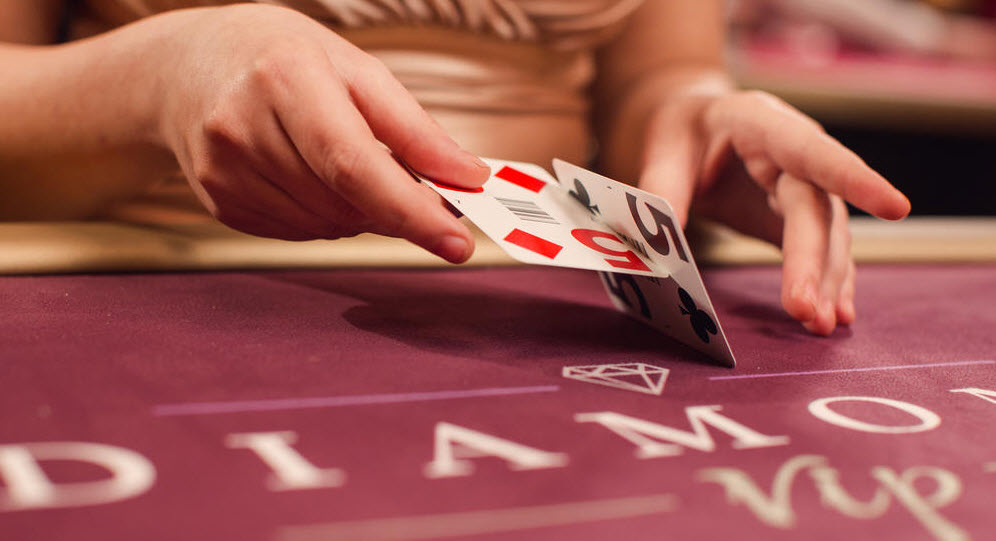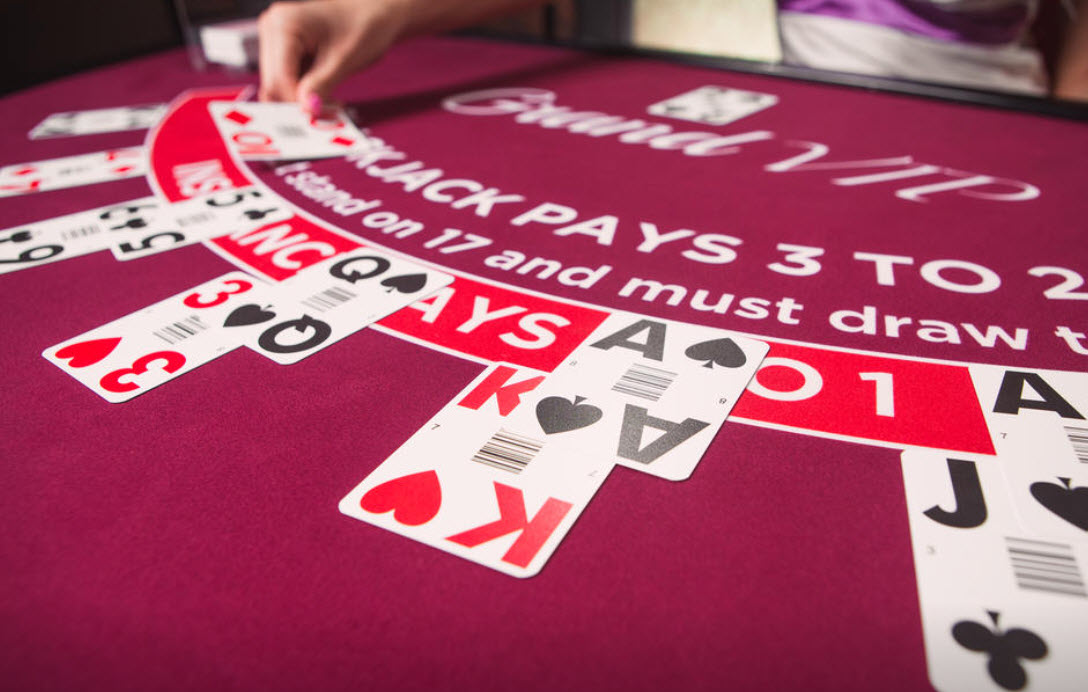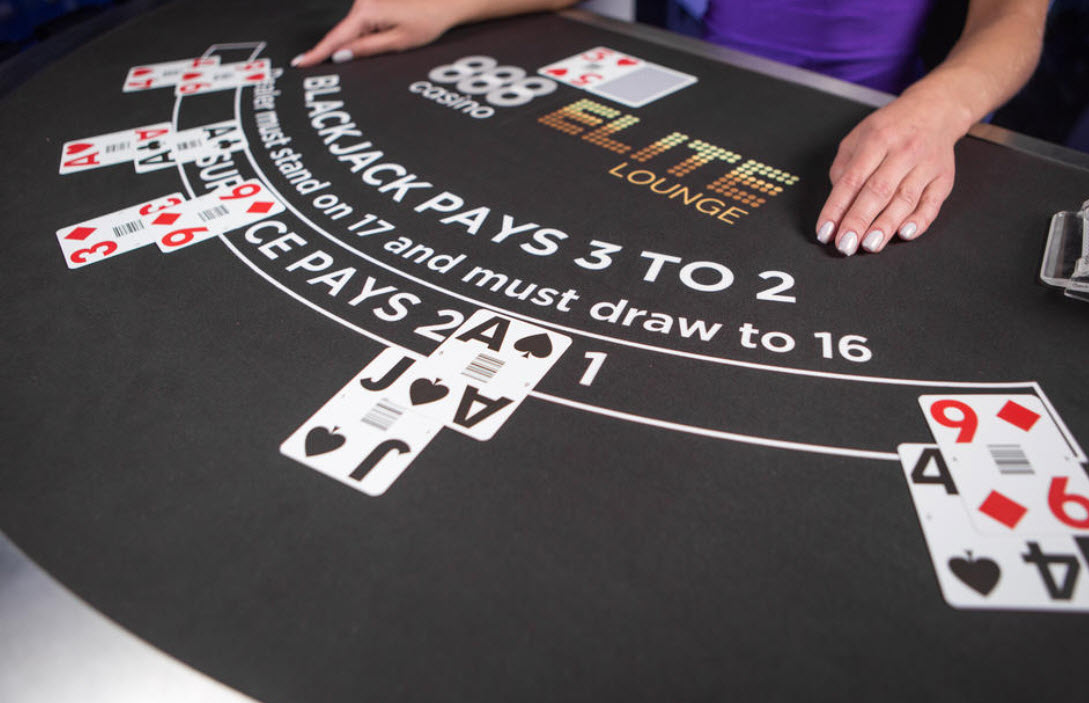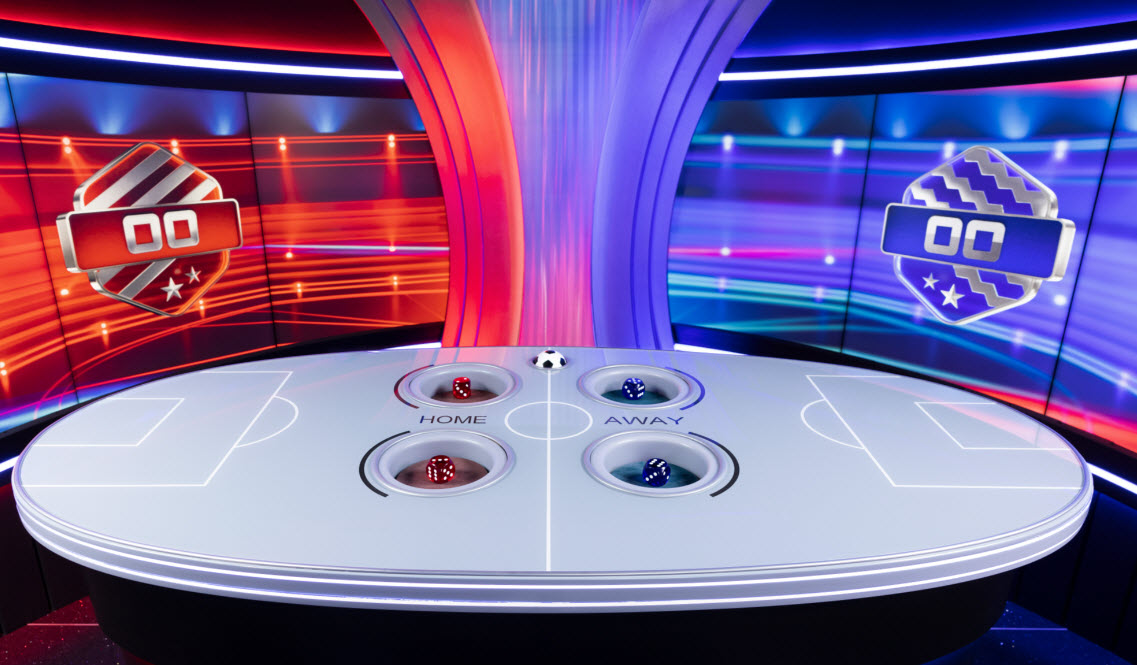Now you might be wondering what the word malafit means. When you work a full-time job and you get medical insurance, eye insurance, dental insurance, pension payments and the like we call those additions to your salary benefits. This comes from the root “bene,” which means good.
The opposite of “good” is bad or “mal” in Latin. If you had a full-time job but your bosses didn’t give you lunch, that absence of lunch would be a malafit. Malafit is simply the opposite of a benefit.
I invented the word because I think the English language needs an opposite of a benefit. Sometimes language can be somewhat stultifying. Most people have many malafits in their lives but we never had a way to express that. Now we do.
If your spouse is an annoying bully, she/he is a malafit for you. The word just goes with such things. Yes, indeed, you have me to thank for the word. Use it wisely.
[ Please note: True, our greatest writer William Shakespeare added some 3,000 new words to the English language but so far, I only have one – malafit. Obviously, I am not in Shakespeare’s league but at least I am now swinging for the fences; a term right out of baseball.]
Blaise Pascal Creator of Roulette
Scientist, philosopher, and mathematician Blaise Pascal invented roulette in the 1600s. He was looking to discover a perpetual motion machine but failing that (as have thousands of failing inventors throughout history), he came up with the roulette wheel. Soon this wheel became a game; a game that has lasted the centuries and is still played just about all over the world.
Roulette means “little wheel” and the game quickly became a big favorite of aristocratic gamblers ever since it was invented. In fact, it has been a casino mainstay for several centuries among the millions of high and low rollers who try to conquer it.
Just go into any casino in the world and there will be happy or unhappy gamblers enjoying the benefits and malafits by engaging the roulette wheel.
The Two Standard Roulette Games
Until recently, we have had two standard roulette games offered in the casinos, the double-zero game (0, 00) and the single-zero game (0). The wheels had 38 numbers for the double-zero game, 1-36 plus those two zeroes, and 37 numbers for the single-zero game, 1-36 and that single zero. These numbers are actually pockets in which the ball can fall into and the pocket that captures the ball wins that round.

The house edge for the double-zero game is 5.26%, a relatively high edge. Still, roulette is not such a fast game so that 5.26% is not as devastating as it could be, say, on some slot machines, which are more often played far more quickly. The faster the game the more decisions for the casino, the worse for the player.
The house edge on the single-zero wheel is 2.7%, a far better deal than the double-zero wheel.
The double-zero game is known as the American game, while the single-zero game is known as the French or European game. Strangely enough, the American game was developed in France and Europe while the French and European game was developed in America (yes, international relations can be so weird).
Usually, the minimum bet for the French or European game is higher than for the American game. The reason? With a lower house edge, the casino wants to make its money so it charges more to play the better game. Therefore, low rollers tend to go with the double-zero game which extracts more from the low-rollers’ bankroll.
As most roulette players know, there are a legion of bets that can be made at both games. Players can bet single numbers, or groups of numbers, and various proposition bets. Roulette is a wide-open field for players to explore.
Indeed, roulette has been the third-most favored game in the casino (tied with craps) behind slots and blackjack. It’s been this way for decades.
The roulette-playing world even has a favorite number, the 17, based on Sean Connery, the James Bond actor who in years past played that number. It is thought to be a lucky number. Is it? Tonight maybe. Tomorrow night, not.
Roulette, which is available on 888casino, is strictly random if the game’s wheel is perfectly balanced. Today’s casinos have perfectly balanced wheels. Oh, certainly, you will see wild swings in numbers and propositions but that’s the nature of random. Things might look like what they aren’t and players who suppose that such malafits are meaningful are making a big mistake in their playing strategy.
But now, my friends, a true horror has been visited upon the roulette playing public, a new roulette game has crashed into the casinos and is starting to crush players who play it. The game is known as the triple-zero roulette. Or, just call it the economic blob that might just signal the end of the popularity of the game in many of our lifetimes. Oh, yes, roulette might be in danger of losing its perpetual motion in our beloved casino world.
Here's why:
The Triple-Zero Game: The Roulette Malafit!
Okay, we have the double-zero game and the single zero game, but the triple-zero game now has those 1-36 numbers with a zero (0), a double-zero (00) and a triple zero (000) added to the mix.
That’s 39 numbers but the payout for a winning number is still just 35-to-1. A player’s risk is far greater but the reward is still the same. I do not think of that as a great bargain. It is a true malafit for aficionado roulette players.
What is the house edge on this game? Take a deep breath, folks; it is an enormous 7.69%! Yikes!
Translating House Edges into Money
Many casino players know that the house has an edge on all of its games but many of those do not know how those edges are created. Indeed, just go to any table game or slot machine and you will not see any indication of what the edges are on any of the games.
True, players can read sites such as this or books or articles in magazines (or on the 888casino blog) to find this information out but most players don’t bother to do that. They just want to play the game and bet their money. The casino prefers to keep its malafits to itself and it has been very successful in doing that.
Let me take a quick look at how the edges at roulette are created. There will be some little changes in each game but generally speaking the overall edge will remain 2.7% on the single-zero wheel, 5.26% on the double-zero wheel, and (heaven help us!) 7.69% on the triple-zero wheel.
The casino short changes the payoff from the true one. The casino edge or the house payoff is a created one, not a natural one in relation to the math.
[Please note: Some casino games or bets do give out the correct payouts but these games have the casino winning more bets than the players. The pass line bet at craps is one such bet.]
On the single-zero wheel, the chance of hitting a winning number is one in 37 but the payoff is not 36-to-1 as the true math would indicate but 35-to-1. The casino keeps a small amount for itself and shortchanges the player. Making the house edge 2.7%. In terms of losing potential that means a loss of $2.70 per one-hundred dollars wagered.
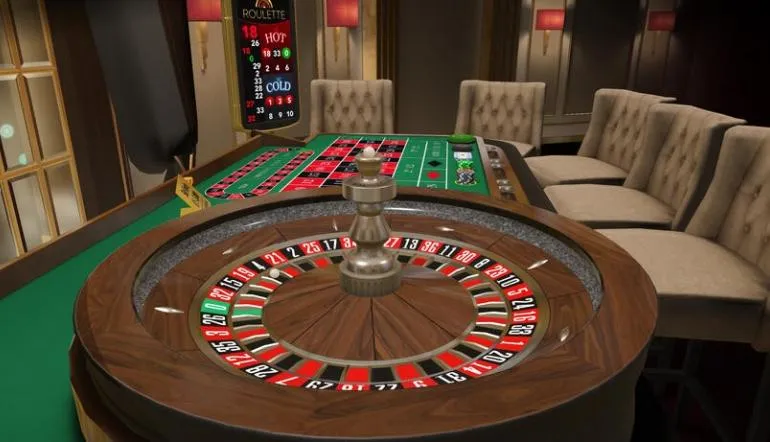
On the double-zero wheel which has 38 pockets, the single-number payoff is still 35-to-1 but instead of paying 37-to-1 on a winning hit, the casino keeps two units for itself thereby creating a 5.26% edge. In terms of losing potential that means a loss of $5.26 per one-hundred dollars wagered.
On the triple-zero wheel, the single-number payoff is still 35-to-1 but instead of paying 38-to-1 on a winning hit, the casino keeps three units for itself thereby creating a 7.69% edge. In terms of losing potential that means a loss of $7.69 per one-hundred dollars wagered.
[Please note: I put the losing expectation based on $100 wagered. If you are betting $10, the losing expectation becomes 27 cents per bet at single-zero roulette; 53 cents per bet at double-zero roulette; and 77 cents per bet at the triple-zero roulette. You can see the amazing increase in potential losses for the player over time on that triple-zero wheel.]
Any Benefits to the Triple-Zero Game?
Proponents of the game have pushed the idea that a player can bet more options at the triple-zero wheel. That’s true but seriously betting more money into more options is not a benefit; it is a true malafit. It just gives you more ways to lose your hard-earned dough.
How about getting more comps? Yes, you should get more in comps. You will get more comps because you will be losing more money! That’s a monstrous malafit. The casino does not give you more for free because you bet more money. It merely returns some small percentage of your expected losses.
The entire triple-zero roulette game is a malafit. There is no reason to play it. The house edge is ridiculously too high, right up there with many slot machine games.
What to Do with Triple-Zero Roulette?
Pass it by as in “bye-bye you nasty malafit game!” If the casino where you play has the double-zero game and/or the single-zero game but charges more for them as they will probably do; what should you, the wise casino player, do?
Don’t bet every spin of the wheel!
If triple-zero has a $10 minimum bet and double-zero has a $15 minimum bet and the single-zero has $25 as its minimum, you can get a better game for your pocket or purse by skipping some spins of the wheel. That is an easy solution to the money problem. Decrease the number of bets and dollar amounts you make.
You can keep your expected losses as low as you want to keep them. No one is forced to bet every spin of the wheel. You, the player, is in control of how money is spent at playing; not the casino.
If the casino does not offer the traditional options but only has triple-zero roulette, what now? Go to a different casino that offers a better game. Or drastically reduce the number of bets you make to make up for the high house edge at the game if that game is triple-zero roulette. Losing more money is not the best way to structure your betting approach.
Human Malafits
People often anthropomorphize non-human objects by subjecting them to human names, emotions, and motives. “Sally is my favorite canoe” or “Gretel is my fastest honey. Best car in the world. She loves me, I can tell.”
In the casino world there are (maybe) dozens upon dozens of human malafits playing the games. There are (maybe) dozens upon dozens of methods of play which are truly the province of those malafits.
Let us say you win your very first bet and then you go, “Parlay that, dealer! This wheel likes me today! I can tell.” That player could be called a malafit because moments of good luck are thought to be compounded by more lucky play against a game that has a distinct and rather large edge over the players. Why bet more into such a game that is structured to take a percentage from every bet of theirs over time? Makes no sense.
What about players who are complete and utter malafits? What about such malafits who put their bets on the layout by aggressively knocking over other players’ chips? What about them?
What about roulette malafits who want only their particular chips on a given number and resent it when you dare to join them on that number? “This is my number; can’t you bet somewhere else?” Folks, such players are out there and they are, in human terms, malafits.
The Bottom Line
The triple-zero roulette will not pay you more for extended play. It will not give you more comps per dollar lost. If it were an animal, it could be considered a savage predator.
All the best in and out of the casinos.

